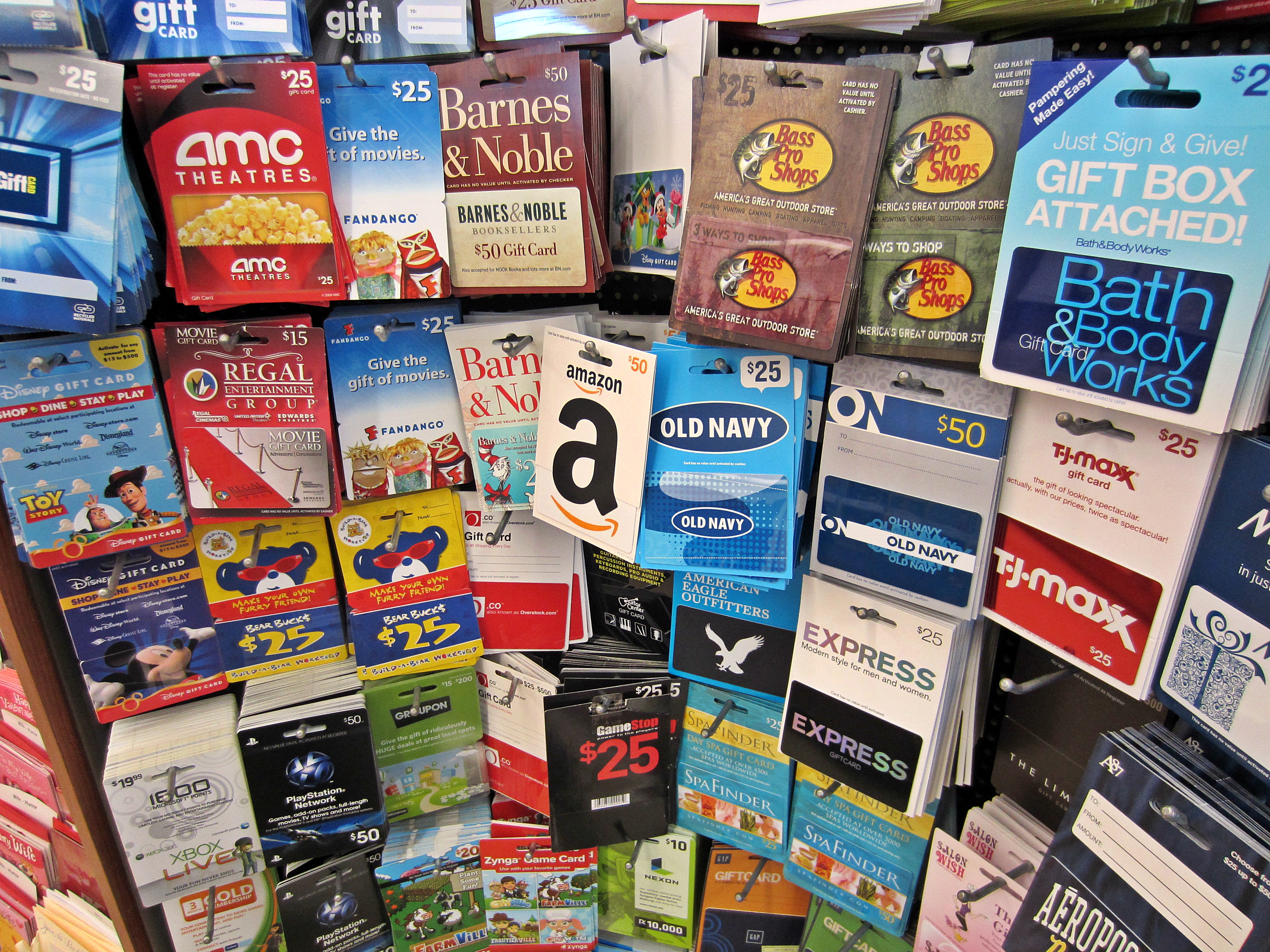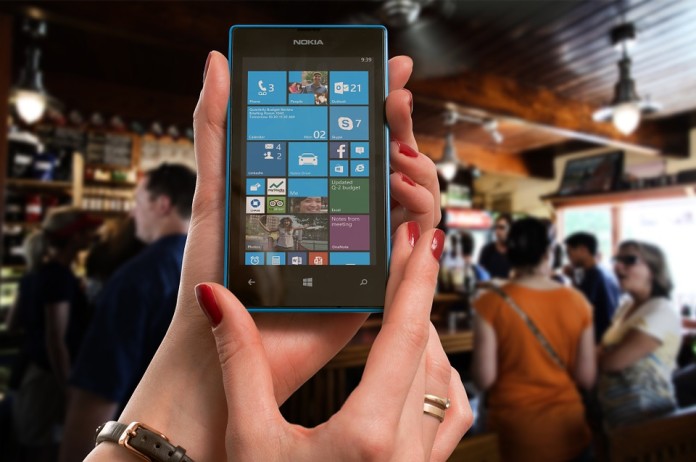As a mobile payment method, Bitcoin is gaining prominence alongside apps like Samsung and Apple Pay, a surge in popularity helped no end by the cryptocurrency’s triumph over gold for value earlier this year. But, despite a decade of development and a number of high-profile fans behind it, is it possible for people to survive with just their mobile phone and virtual Bitcoin wallet in their pocket?
Casino
In some places, it’s easy to live off virtual money. For example, buying games is a straightforward task (Steam, Microsoft, and Kinguin all accept Bitcoin) and the more eccentric and modern a coffee shop happens to be, a trait that’s discernable through the vessels it serves its lattes in (who doesn’t love their morning cup of Joe in a chemistry beaker?), the more likely it is to accept Bitcoin. It’s a strange fact of life.
Similarly, a branch of the casino industry, iGaming, accepts Bitcoin exclusively, a good example of which is this site, Vegas Casino, a crypto-casino. The website has the customary perks for new players, including a 50 mBTC no deposit bonus, but Bitcoin integration means that deposits and withdrawals are instant by default and odds can be provably fair. With a range of live casino games and several hundred slots, Vegas Casino’s business model is both viable and unique.
But, beyond the safety of the internet, is Bitcoin still a usable currency? The short answer is “yes”; the long one is below:

The Right Place
Obviously, the usability of Bitcoin in the real world hinges on the number of stores that will accept it in lieu of plastic or coins. However, acceptance isn’t uniform – in the United States, a good chunk of crypto-culture is centered on the Eastern Seaboard, Los Angeles, San Francisco, Tampa, and Miami while support for Bitcoin in Africa is confined to about five cities. Europe has by far the most consistent coverage as far as Bitcoin-friendly stores are concerned, though.
Kreuzberg, the counterculture capital of Berlin, has a record store, a bar called Room 77 and a cake-selling café (Floor’s), among other establishments, all of which will take Bitcoin for goods. The Guardian notes that the first LP sold for Bitcoin in Kreuzberg was Tom Waits’s The Big Time. Kreuzberg is perhaps typical of the Bitcoin-accepting community, as a pocket of support in an otherwise fiat-orientated city.
Living on Bitcoin
There are people out there who have gone the whole hog and challenged themselves to live a dollar-less life, such as Olaf Carlson-Wee, formerly of currency exchange website Coinbase. His rationale is idealistic – “I view Bitcoin as the more democratic version of money” – but his experience with the currency nevertheless brings up some of the difficulties of using it offline; there aren’t many landlords that accept Bitcoin.

Talking to Forbes three years ago, Carlson-Wee would almost definitely have an easier time getting people to accept Bitcoin in 2017. Ironically, luxury goods like TVs are readily available for Bitcoin; it’s things like gas and groceries that can prove elusive. However, taking the advice of Bitcoin marathoners on Reddit and YouTube, buying gift cards with the cryptocurrency is a popular way to ensure the stock of organic avocado doesn’t dip too low.
Finally, the obvious question to ask is what is involved in paying with Bitcoin? The customer simply transfers the money to the business by opening their preferred digital wallet app and then scanning a QR code supplied by the cashier. It’s a little different to Apple Pay transactions but no more convoluted.









